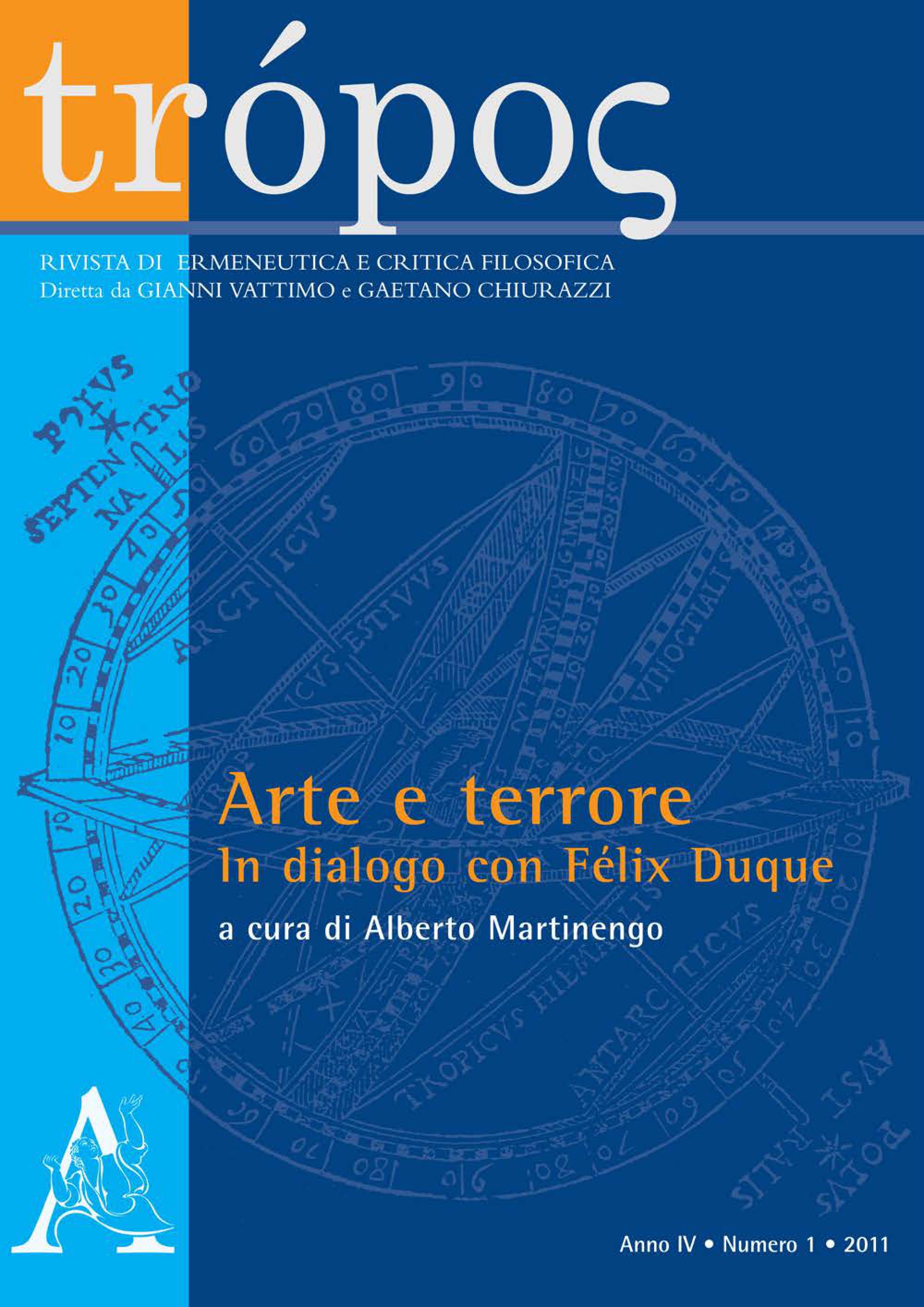Johannes Lohmann's Contribution to the Semiotic Transformation of Kantianism
DOI:
https://doi.org/10.13135/2036-542X/7578Keywords:
J. Lohmann, W. von Humboldt, hermeneutics, a priori, semiotic transformation, linguistic turnAbstract
Johannes Lohmann (1895-1983) was Professor of Comparative Linguistics at Freiburg University. His refections on language embody a successful attempt to reconcile Humboldtian theories, Kantian transcendental philosophy and Heidegger’s hermeneutics. As a committed follower of Humboldt, he also recognizes that diversity of languages is not only a diversity of sounds and signs, but also a diversity of world views. We always live inside a language, whose structure, syntax, grammar and lexicon perform our knowledge and interpretation of reality. If we assume that the world itself exists through language, it means that language stands for the a priori condition of thought. Proceeding along these lines, Lohmann applies the conceptual Kantian structure in a radical way, rejecting the predominance of the subject and ascribing the transcendental element to the language. By means of these reflections, and by assuming the priority given to language over any other knowing act, Lohmann offered a significant contribution to the linguistic turn in twentieth century philosophy.


